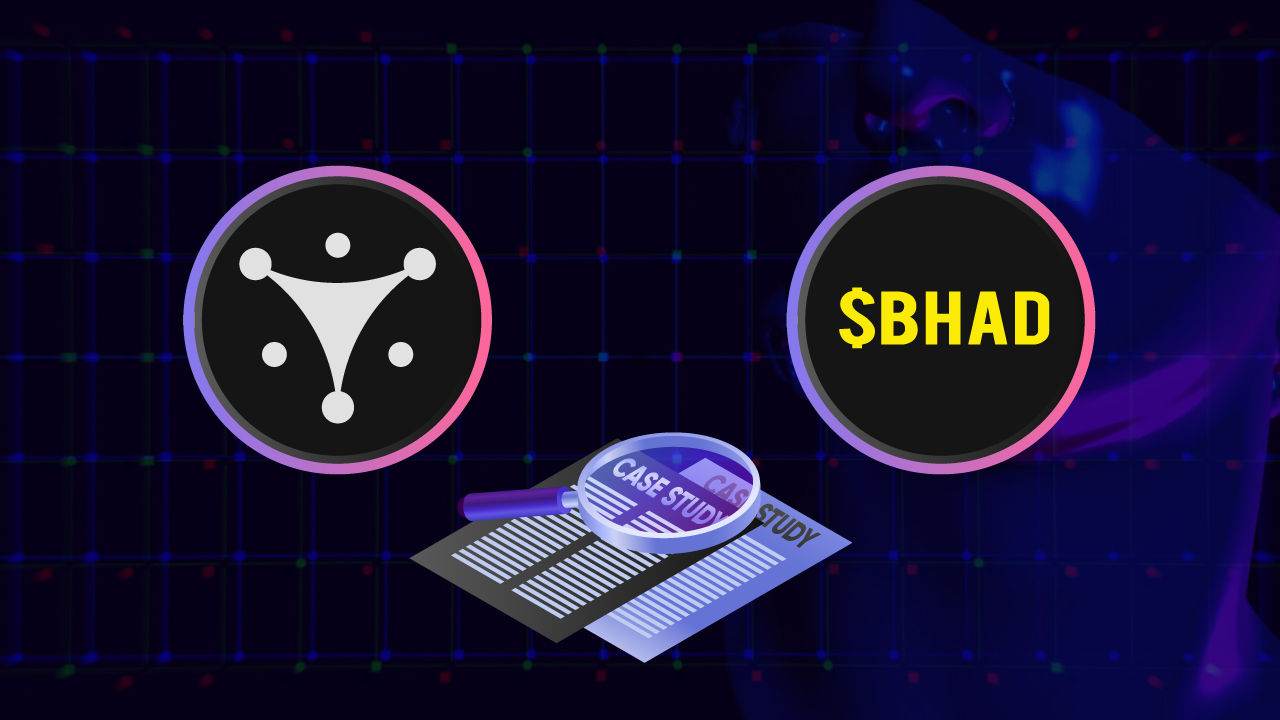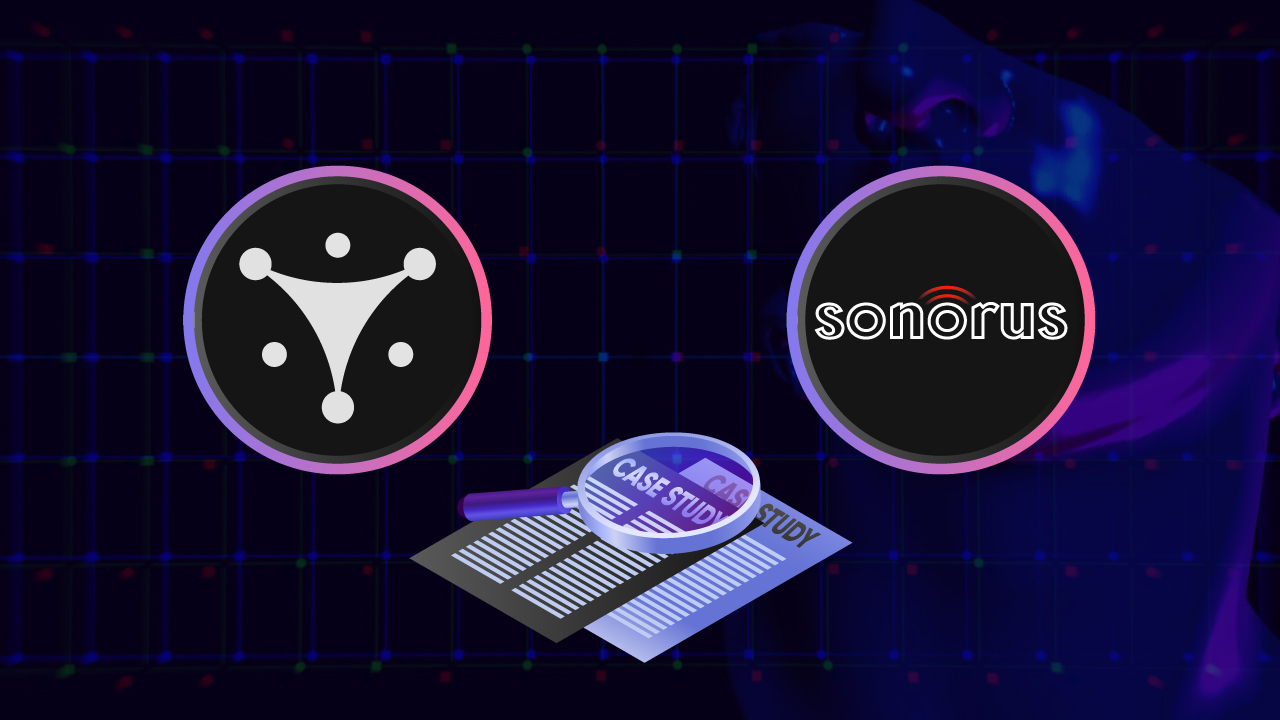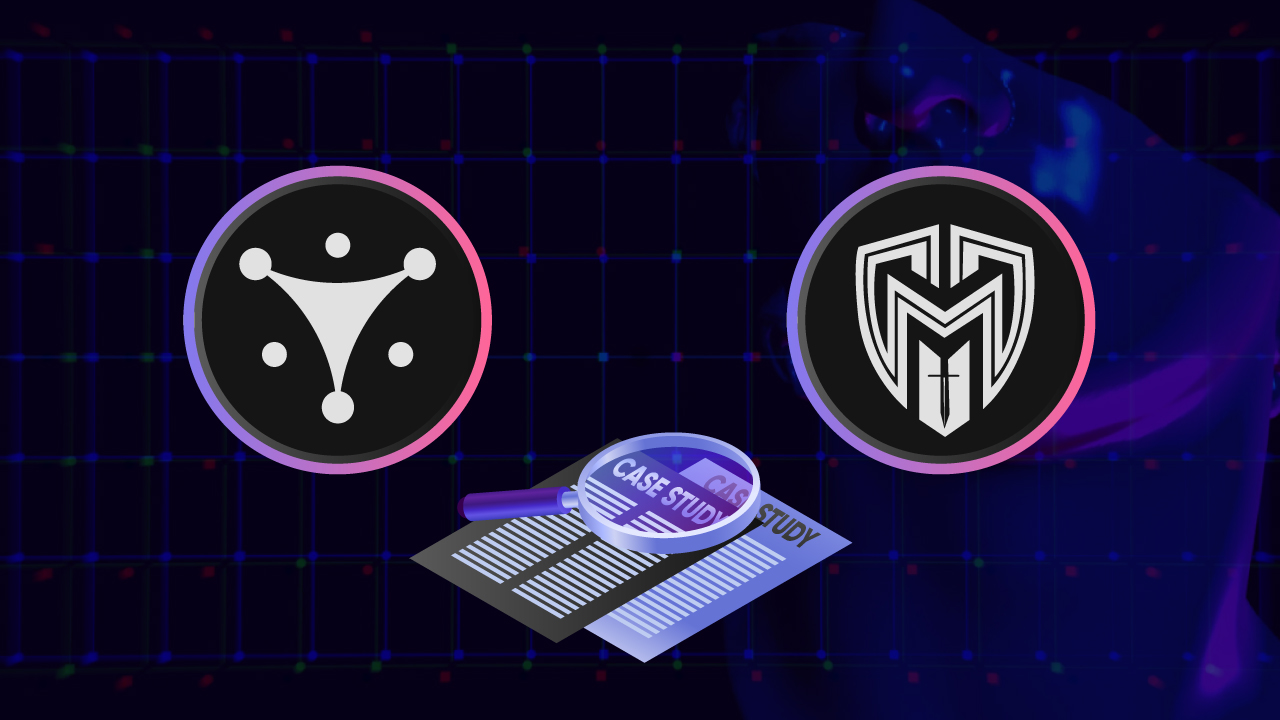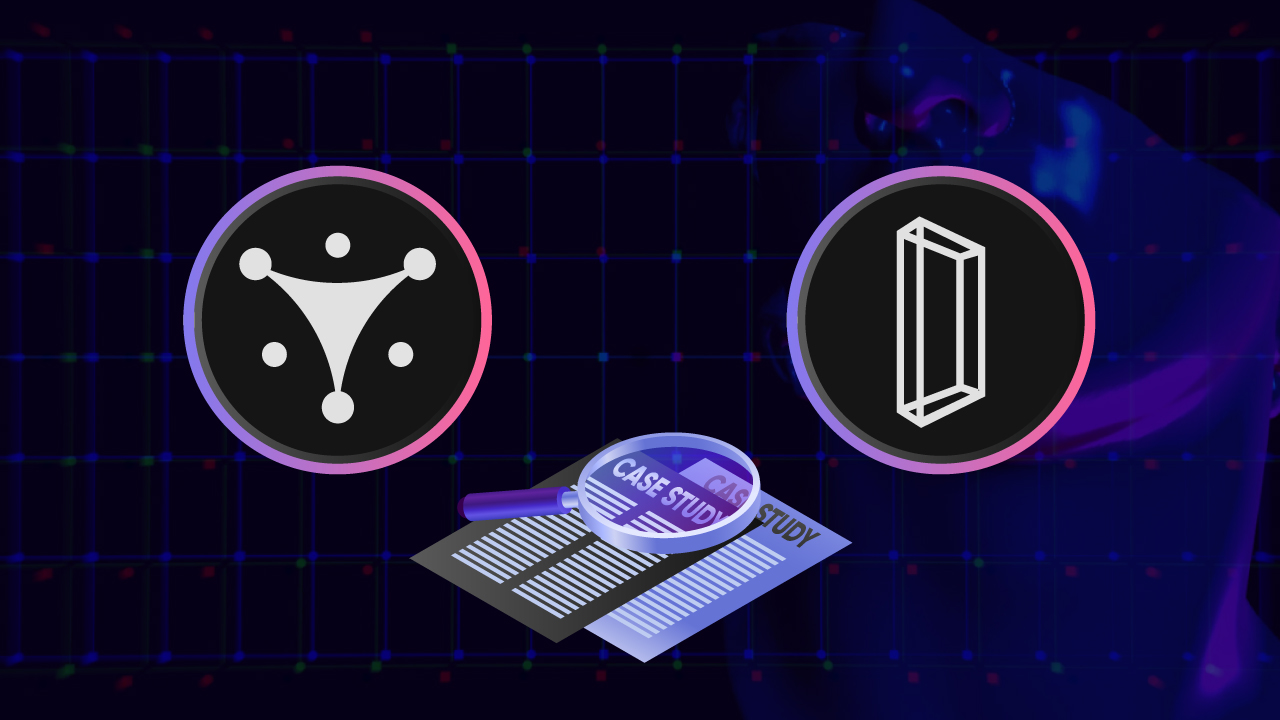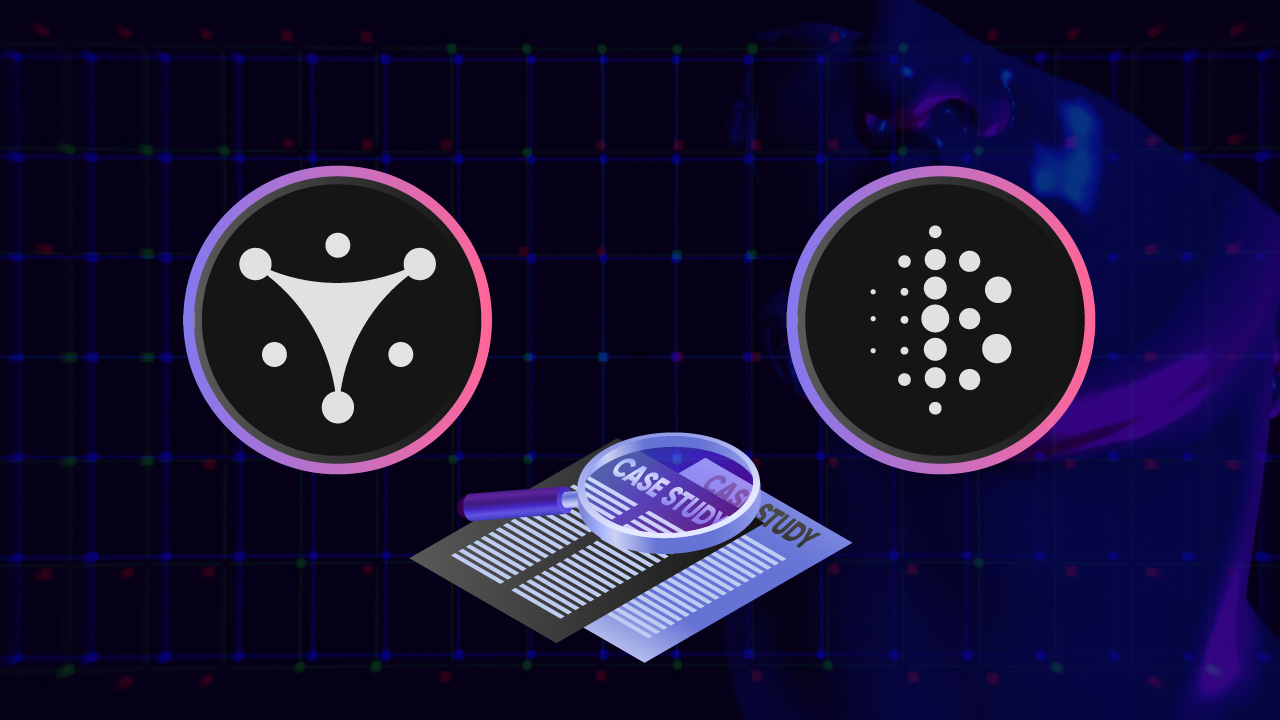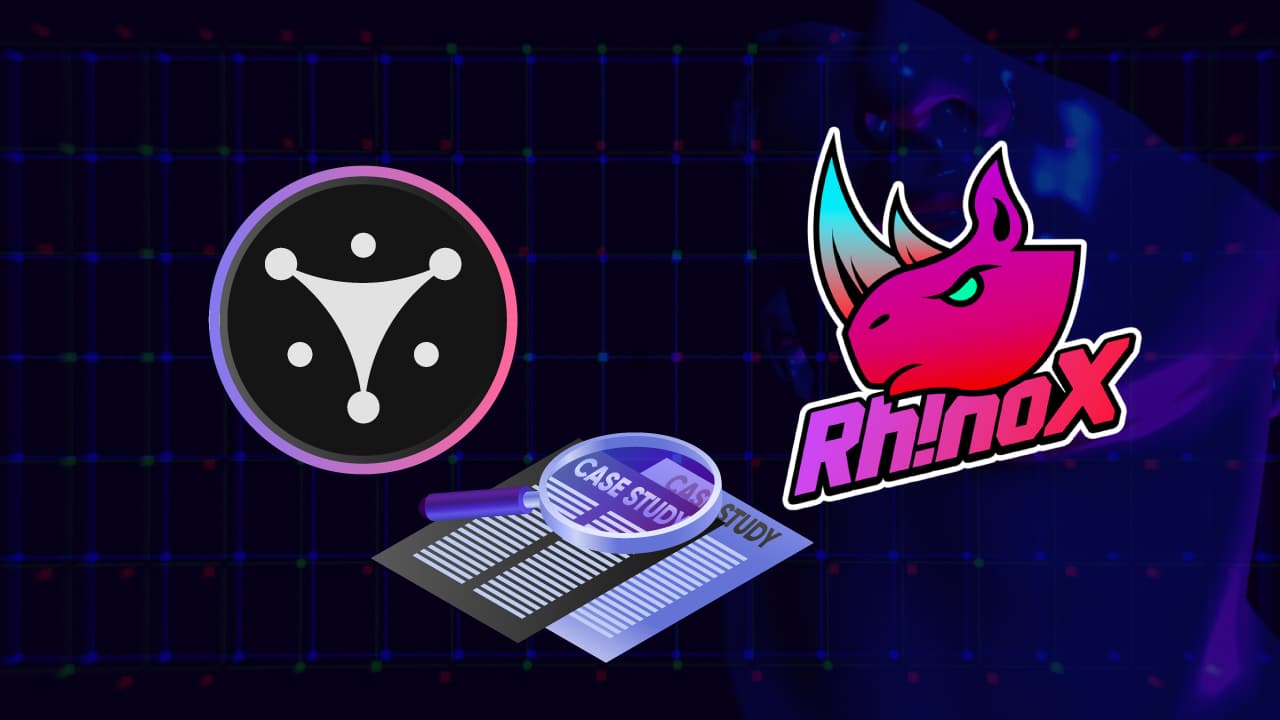Problems a Blockchain Startup can Face and How to Solve Them

Blockchain is always an exciting topic to discuss. It has become a part of the fourth Industrial Revolution. The World Economic Forum in 2018 reported that about 10% of the world’s GDP would be listed in the blockchain-based systems by the year 2025. As the blockchain system gradually evolves, various organizations, users, and businesses will encounter complex and somewhat controversial issues and problems. These obstacles affect many companies, no matter the size, and they have to find ways to deal with these Blockchain Startup Problems.
Security Issues
Security is mostly one of the leading causes of distress regarding online banking, payment apps, and mobile banking. The traditional banks offer CCTVs, guards, heavy metallic doors, and vaults to guarantee maximum safety. However, with blockchains, security is much more vulnerable because virtual security is hard to implement.
It is susceptible to easy theft because there exist more vulnerabilities that can be exploited. Not only is the user’s money at stake but their private information as well.
Solution
Like with traditional systems, you ought to establish several systems to ensure maximum protection of your data and funds. Many technologies reinforce blockchain to make it safer, such as biometric authentication, real-time alerts, behavioral analysis, and data obfuscation or encryption.
Cost and Effectiveness
The promptness and efficiency with which blockchains execute peer-to-peer transactions often come at a high total cost. For instance, for the bitcoin network, which applies the proof-of-work approach instead of trusting users on the network, the total running costs of validation and sharing transactions in the public ledger are $600million a year.
Careful consideration about the implementation of a blockchain is required. The blockchain apps ought to harness network effects to deliver value to the consumers or general sectors.
Solution
By eliminating the need for having third parties keep records and manage transactions, this popular technology can quickly reduce transaction costs and running costs.
Regulation and Governance
Guidelines have always fought to keep up with the ever-changing technology. Some modern technologies such as the blockchain bypass regulations tackle inefficiencies in the conventional intermediated disbursement networks.
The regulation and governance of blockchains remain sparse. The governance of blockchains will continue to be deep-rooted because the interests of network stakeholders may change as they grow and interact with the network to generate value.
Solution
The responsible organizations and bodies should come up with blockchain policies. Policymakers need to do more to support blockchain startups and adoption, such as making sure regulations are flexible and targeted. More regulations on virtual currency are set to strengthen the policies and different aspects of blockchain.
The development of a useful governance framework will ensure users have the stability needed to engage with this new technology fully. Governments should also do more to support the innovation and adoption of blockchain.
Blockchain is Still Immature
Blockchain startups still face several execution challenges that relate to the technology still being an immature technology. one major issue relates to the technical scalability of the network. This refers to a system’s ability to achieve a higher TPS than other existing systems by modifying its consensus.
The ever-increasing uses of blockchain such as Ethereum, Bitcoin, etc., are the contributors of scalability.
Solution
Various approaches of side-chain are researched to help reduce the processing time per transaction. Lighting Network, which comprises adding a second layer into the main blockchain to facilitate speedy transactions, is another viable solution.
Also, some heterogeneous solutions need to be considered with this connection. However, it was highlighted that there is no descriptive work expounding on scalability concerns in the present-day blockchain scenario.
Culture Change
Culture remains a contentious issue for most people. Some will be in between new ways of living while others are die-hard traditionalists. Blockchain avails a paradigm shift away from the norm and traditional habits of doing things. It requires users to put their trust in a decentralized network rather than in powerful central institutions. For many people, this loss of control is deeply unsettling.
It is estimated that blockchain implementation in an organization is typically 80% business transformation and 20% technology implementation. Therefore, a more imaginative approach in order to comprehend the opportunities as well as how things will change will be required.
Solution
Business organizations ought to look at how they can pilot the new blockchain startups on their business edges. Also, consider the most affected areas while you consider their impacts and how to mitigate them. Impact assessment tests are helpful for such processes.
It is essential to adopt blockchain in a way that does not completely abruptly disregard culture.
Lack of Standardization
Another major problem is that blockchains lack interoperability between networks. There are so many unique networks, and hence the blockchain network ends up being in a state of confusion. This also takes away consistency even in fundamental processes such as security hence crippling mass adoption.
Solution
Different networks are unable to communicate with each other due to this lack of unity. The development of industry-wide standards regarding blockchain protocols can help different enterprises collaborate on app development, share blockchain solutions, and validate proofs of concept.
However, different projects offer inter-usability between different blockchain networks like Ark, which employs SmartBridges to address this issue. It is essential for blockchain designers to consider ways of developing systems with interoperability options such as inter-blockchain communication protocol to revolutionize this sector further.
Conclusion
Blockchain technology is up-and-coming. Its potential to enhance millions of lives around the globe remains unmatched. However, blockchain still has miles to cover before achieving its full potential. The future is luminous, and with time, faster commercial adoption of blockchain will be expected. But like any other new technology, blockchain will follow a similar slow trajectory of adoption with time.
Generally, most technologies take a long time to mature and achieve stability in the market. If we can overcome the bottlenecks and challenges for cryptocurrencies discussed in this guide, the transition will be seamless. It is also essential to address these areas of concern before it becomes too late. Visit cryptovirally.com to solve some of these blockchain challenges and have your business grow.


